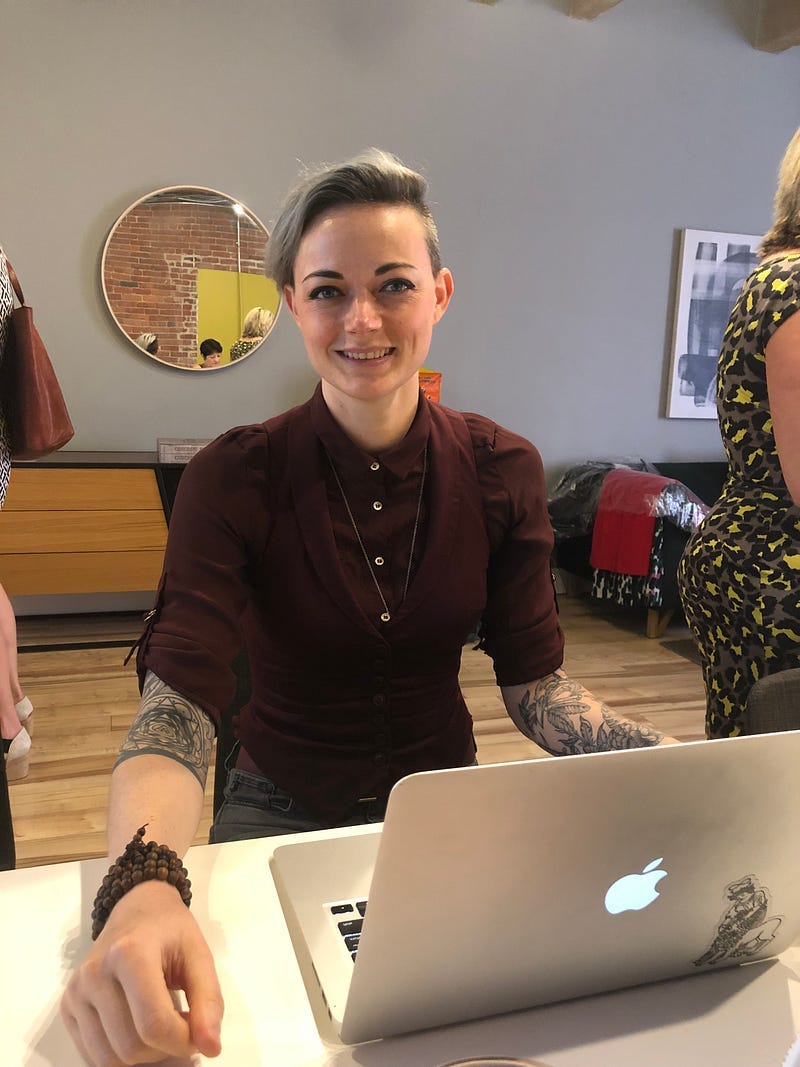Rachel Solomon, CD, Honor Code Creative
I’ve been thinking a lot lately about gender, sex and orientation. Which I can identify now, but once often conflated with each other. (In case you’re wondering: Gender = how you understand yourself. Sex = your anatomy. Orientation = how you rel…
Keep reading with a 7-day free trial
Subscribe to @heymrssolomon to keep reading this post and get 7 days of free access to the full post archives.





